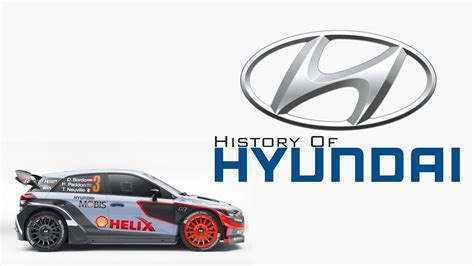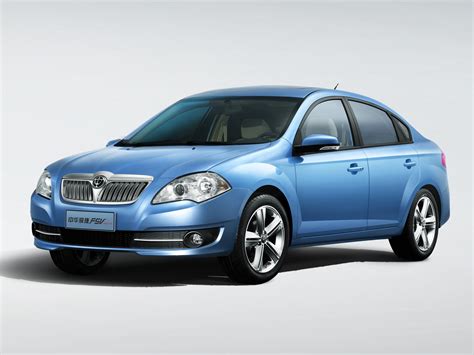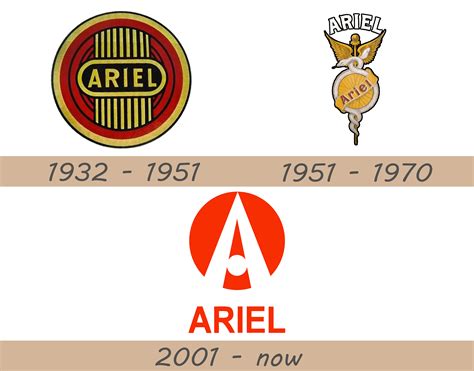Explore Hyundai’s journey from its beginnings to global success, facing challenges, and future sustainability efforts. Learn about expansion, innovation, and recognition in the automotive industry.
The Beginnings of Hyundai
Contents
The Beginnings of Hyundai can be traced back to 1947, when founder Chung Ju-yung established the Hyundai Engineering and Construction Company. Originally, the company focused on civil engineering projects, but in 1967 it expanded its operations to include the automotive industry. The first Hyundai car, the Cortina, was introduced in 1968, marking the company’s entry into the automobile market.
Under the leadership of Chung Ju-yung, Hyundai quickly gained a reputation for producing high-quality vehicles at affordable prices. This early success laid the foundation for the company’s future growth and innovation in the automotive industry. In the 1970s, Hyundai began to collaborate with foreign automakers such as Ford and Mitsubishi, further enhancing its capabilities in vehicle production and design.
Despite facing challenges such as economic downturns and political instability in South Korea, Hyundai continued to expand its operations and invest in research and development. By the 1980s, the company had established itself as a major player in the global automotive market, exporting vehicles to countries around the world.
Throughout its early years, Hyundai demonstrated a commitment to innovation and technological advancement, introducing various models and pioneering new technologies in the automotive industry. This dedication to progress and quality has played a significant role in the company’s success and longevity.
Expansion and Innovation
In the late 1960s, Hyundai began its expansion into other industries, including the automotive sector. This marked the beginning of a remarkable journey of growth and innovation for the company. With a vision to become a global leader in the automobile industry, Hyundai invested heavily in research and development, constantly pushing the boundaries of technology and design.
One of the key drivers of Hyundai’s expansion and innovation was its strategic partnerships with leading global automakers. By collaborating with established players in the industry, Hyundai was able to leverage their expertise and resources to accelerate its growth and development. These partnerships also enabled Hyundai to gain access to new markets and technological advancements, allowing the company to stay ahead of the curve in an increasingly competitive market.
As Hyundai expanded its global footprint, it continued to innovate and introduce new technologies and features in its vehicles. The company’s commitment to innovation was evident in its pioneering efforts in the development of eco-friendly vehicles, such as hybrid and electric cars. Hyundai’s dedication to sustainability and environmental consciousness set a new standard in the industry, earning the company recognition and respect from consumers and industry experts alike.
Furthermore, Hyundai’s innovative approach extended beyond its products to its manufacturing processes and business operations. The company adopted cutting-edge technologies and practices to enhance efficiency, quality, and safety in its production facilities, setting new benchmarks for the industry. This relentless pursuit of innovation and excellence has been a driving force behind Hyundai’s success and continued growth in the global automotive market.
Challenges Faced
Hyundai faced numerous challenges in its early years, as it sought to establish itself as a major player in the automotive industry. One of the biggest obstacles the company faced was the negative perception of Korean-made cars in the international market. The stigma attached to low-quality and unreliable vehicles made it difficult for Hyundai to gain consumer trust.
Additionally, Hyundai struggled with technological innovation and r&d investment in the early years. As a result, the quality of their vehicles lagged behind that of their competitors, further perpetuating the negative perception of the brand. Moreover, the Asian financial crisis of the late 1990s dealt a severe blow to the company, as it faced severe financial hardships and had to undergo a significant restructuring in order to survive.
Despite these challenges, Hyundai persevered and began to make strides in improving the quality of its vehicles, investing heavily in r&d and manufacturing processes. The company also focused on rebranding itself and changing the perception of its products. Through innovative marketing strategies and a commitment to customer satisfaction, Hyundai was able to overcome these challenges and emerge as a global automotive leader.
In conclusion, the challenges faced by Hyundai in its early years were significant, but the company was able to overcome adversity and position itself as a resilient and successful automotive brand in the global market.
Global Success and Recognition
Hyundai Car Company’s global success and recognition is a testament to its commitment to excellence and innovation. With a focus on providing high-quality vehicles that meet the diverse needs of customers around the world, Hyundai has become a leading player in the international automotive market.
From its humble beginnings in South Korea, Hyundai has expanded its presence to over 193 countries, establishing a strong global network. The company’s dedication to producing reliable and technologically advanced cars has earned it an esteemed reputation among consumers and industry experts alike.
In recent years, Hyundai has received numerous accolades and awards for its outstanding performance and groundbreaking technologies. These achievements have solidified its position as a respected and influential player in the global automotive industry.
Hyundai’s focus on sustainability and environmental responsibility has also earned it recognition on the world stage. The company’s commitment to developing eco-friendly vehicles and reducing its carbon footprint has garnered praise from environmental organizations and advocates.
Through its strategic partnerships and continuous innovation, Hyundai has successfully established itself as a global leader in the automotive industry, earning the respect and admiration of consumers, industry leaders, and environmentalists worldwide.
Future Outlook and Sustainability Efforts
The future outlook of Hyundai Car Company is promising, with a strong focus on sustainability efforts and environmental responsibility. The company has been investing heavily in research and development of electric vehicles (EVs) and is committed to reducing its carbon footprint. With the rising awareness of climate change and the need for sustainable transportation, Hyundai aims to be at the forefront of the EV market.
Furthermore, the company is also looking into alternative fuel sources such as hydrogen fuel cell technology, with the goal of achieving a carbon-neutral vehicle lineup. This innovative approach sets Hyundai apart in the automotive industry and demonstrates its commitment to sustainable practices.
In addition to its environmental efforts, Hyundai is focused on advancing technology and innovation in car manufacturing. The company’s future goals include the development of autonomous driving technologies and connected vehicles, aiming to revolutionize the driving experience and make transportation safer and more efficient for consumers.
By prioritizing sustainability and technological advancement, Hyundai is positioning itself as a leader in the automotive industry and is dedicated to shaping a more sustainable and environmentally conscious future for the generations to come.












